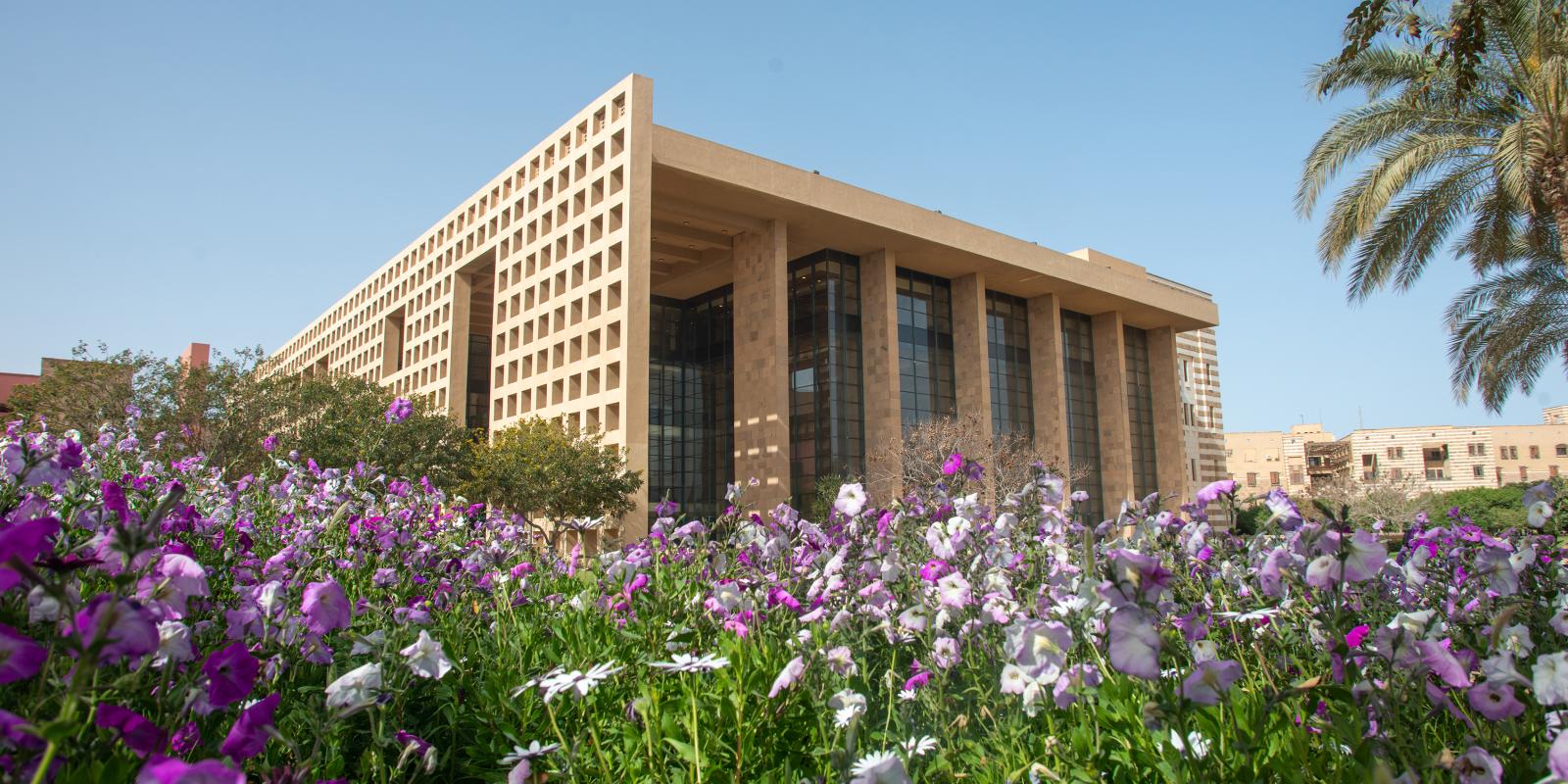Community Psychology - Diploma
Program Overview
The diploma is designed to be completed over one year (and occasionally in two years on a part-time basis). It targets professionals with at least two years of relevant experience, graduate students, and postgraduate alumni from related fields who wish to add the diploma to complement their experiences and training. The program emphasizes experiential learning and intensive mentoring.

Degrees and Admission Requirements
Students wishing to pursue a graduate diploma in Community Psychology should meet the minimum academic, language and admission requirements set by AUC.
Learning Outcomes
The diploma aims to complement students’ existing knowledge and disciplinary specializations by providing training in understanding communities from a psychological and systems perspective while preparing students to intervene in communities on issues of importance.
Career Paths and Practical Experience
Community psychologists bring their unique perspective and skills to a variety of job settings, including:
- National and international nonprofit organizations
- Multilateral organizations such as the United Nations (UN) or World Health Organization (WHO)
- Government offices, focusing on mental or physical health, education, development, women or families
- Social research firms
- Corporate social responsibility offices
- Donor and grant-funding agencies
- Universities and educational institutions
- Private consultation

Discover More in Academics
Learn about related programs, important research, faculty, accreditation and more.